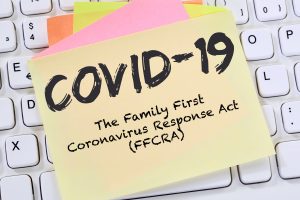 Delaware has long been known as a popular state for incorporation of a new business. Some entrepreneurs think this is solely because of tax benefits, but there are many legal and practical benefits to incorporating a new business in Delaware. Here are some of the most common:
Delaware has long been known as a popular state for incorporation of a new business. Some entrepreneurs think this is solely because of tax benefits, but there are many legal and practical benefits to incorporating a new business in Delaware. Here are some of the most common:
Management Friendly
The Delaware General Corporation Law is considered to be friendly toward the management of corporations. There are many specific provisions that help corporations run more efficiently: for example, Delaware corporations have the option of using cumulative voting, while other states make it compulsory for corporations that are not publicly traded. The DGCL also allows for shareholder approval of mergers without separate votes in each class of outstanding stock. Special meetings can be limited to a call by the Board of Directors, which prevents the complications associated with shareholders calling special meetings. Finally, the DGCL embraces new technologies and now allows corporations to use distributed ledgers or blockchains to create and maintain the corporate records required by law. These and other provisions help corporations run more efficiently under Delaware state law.
 Business Lawyers Blog
Business Lawyers Blog










